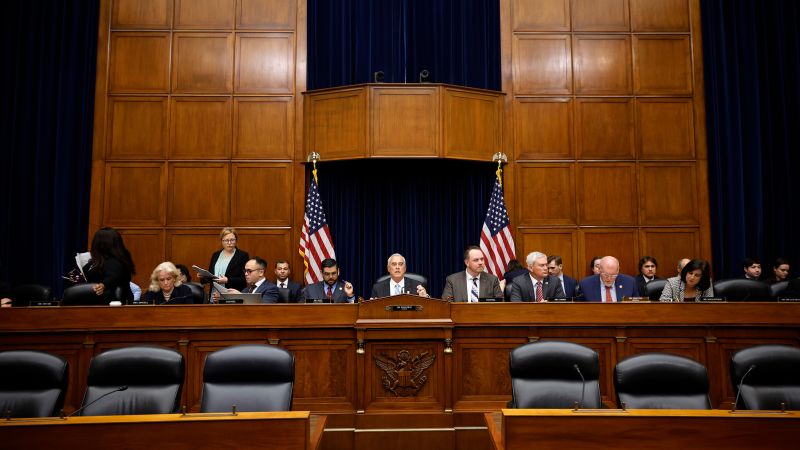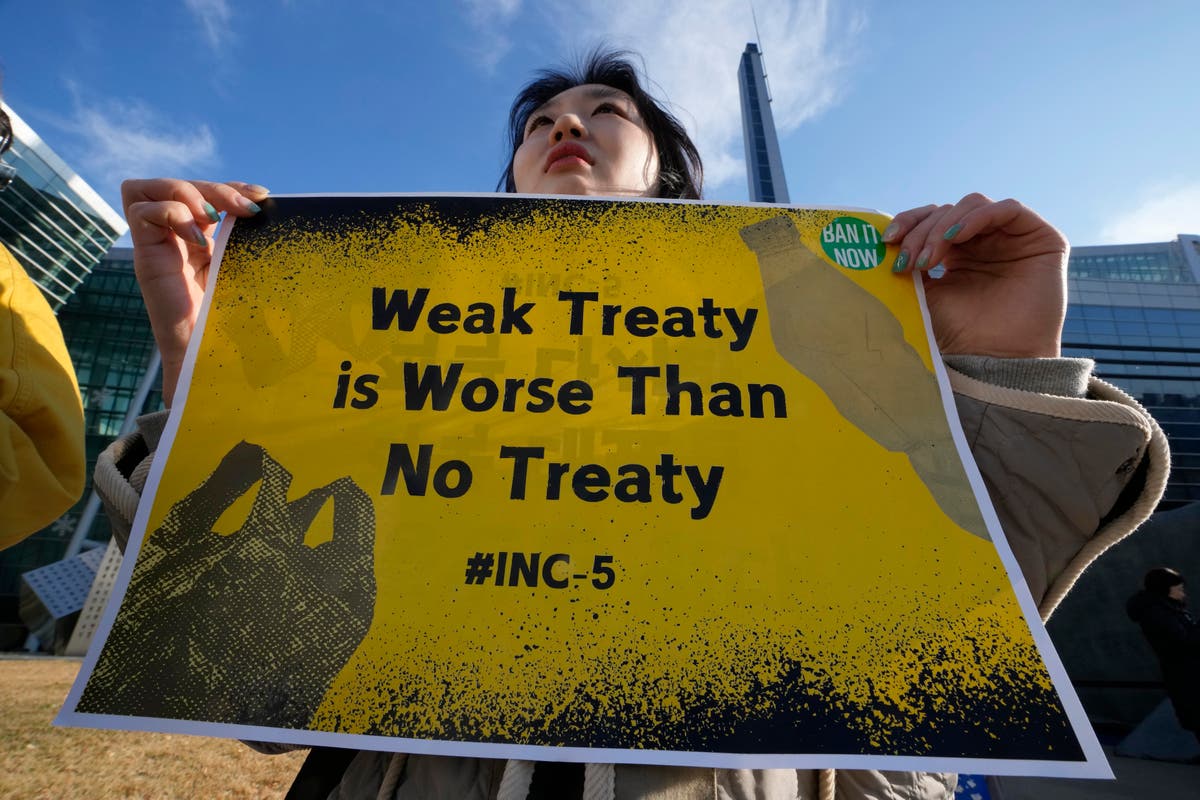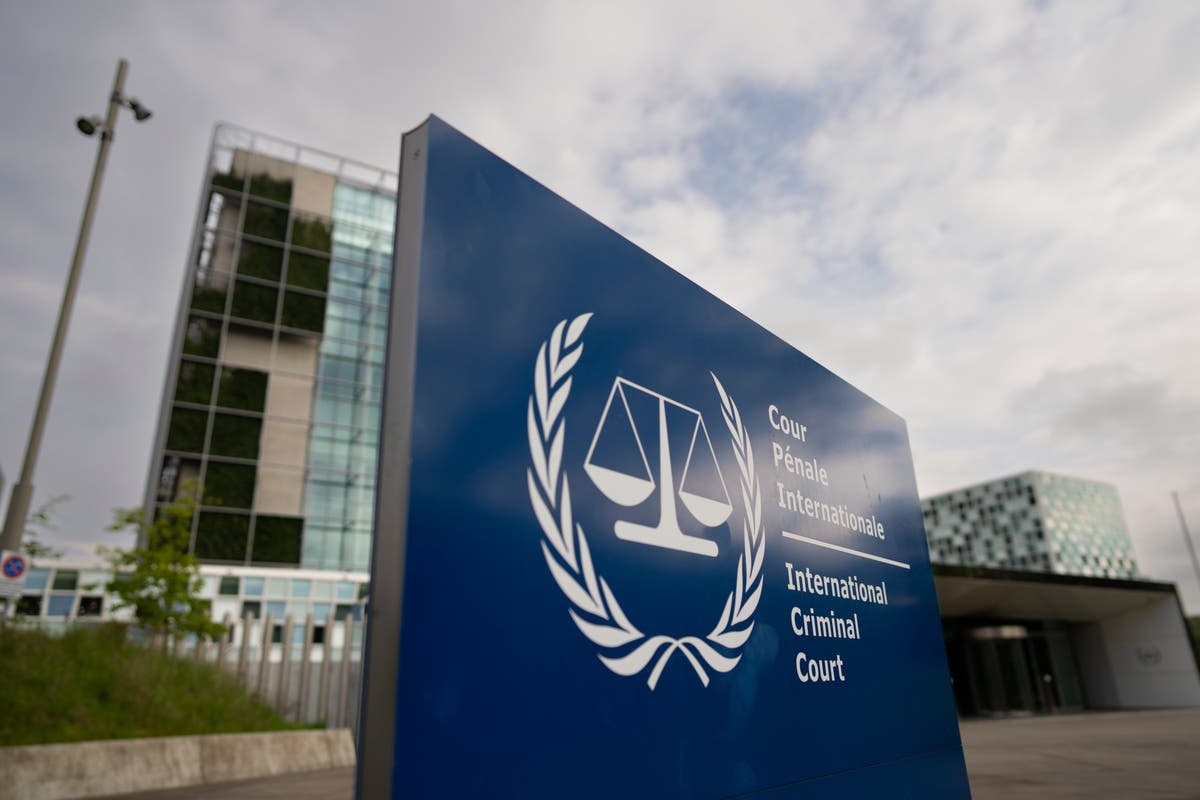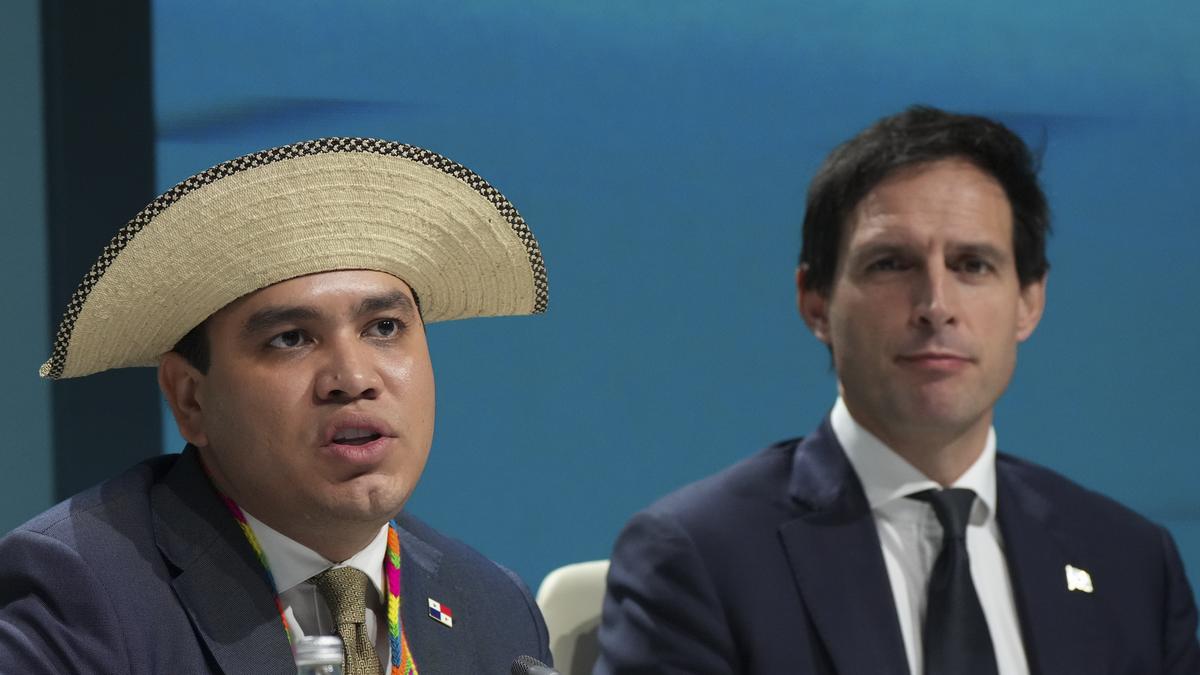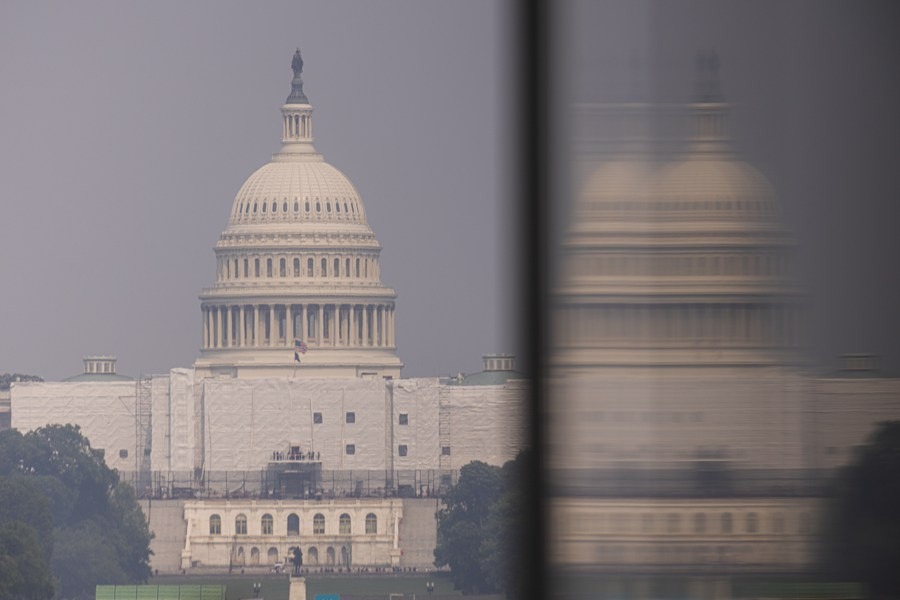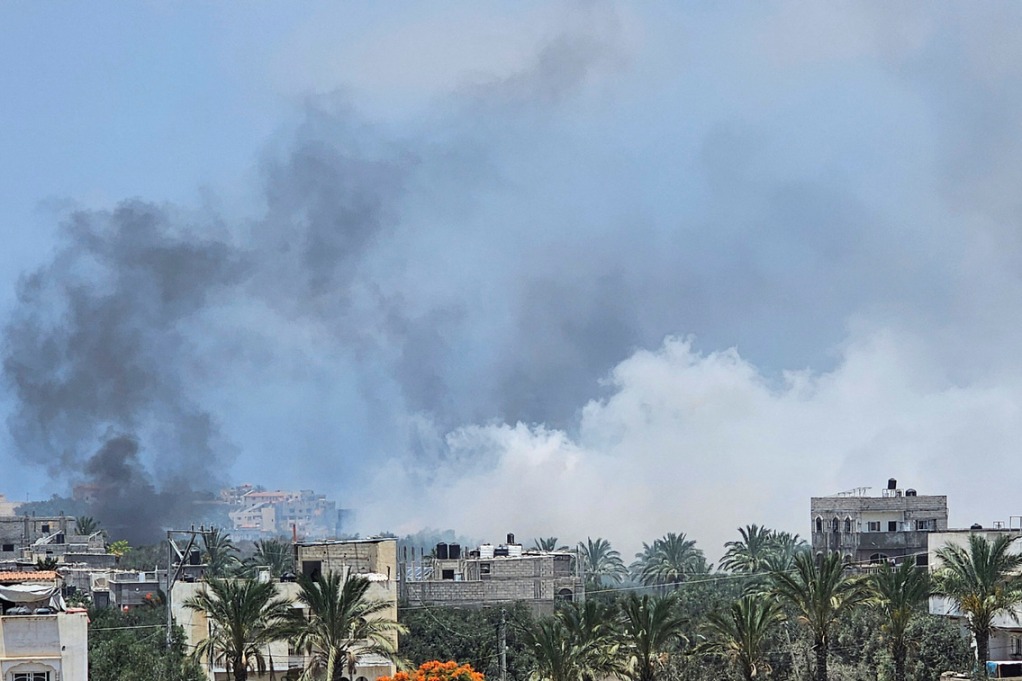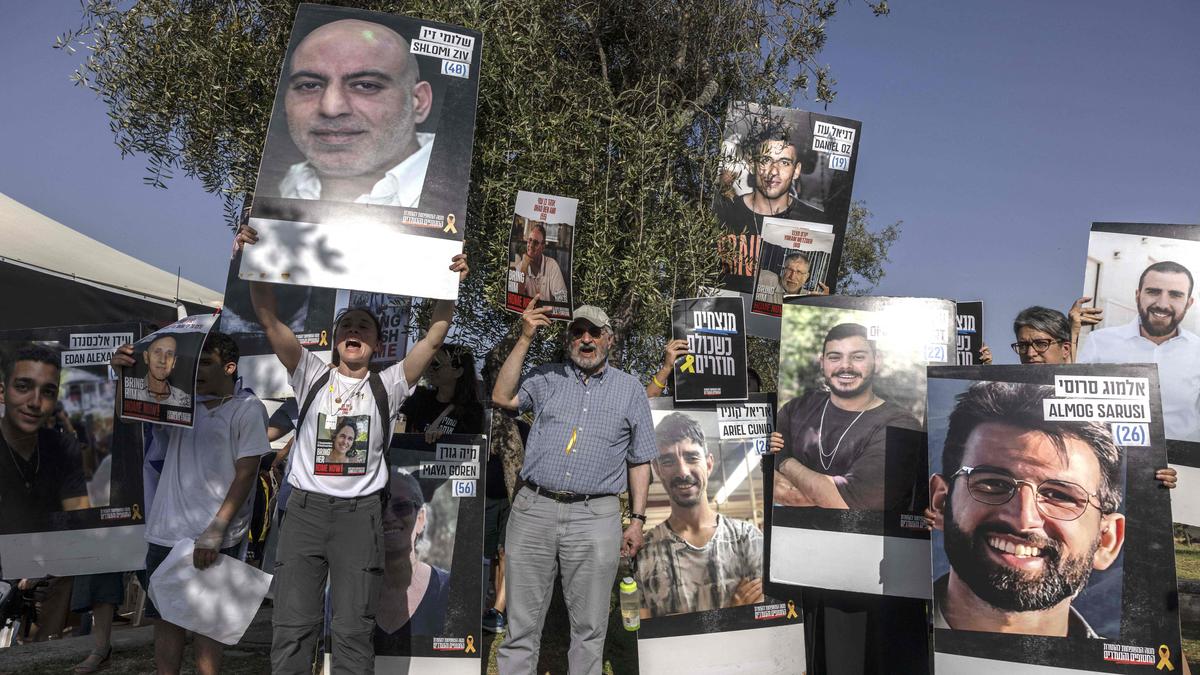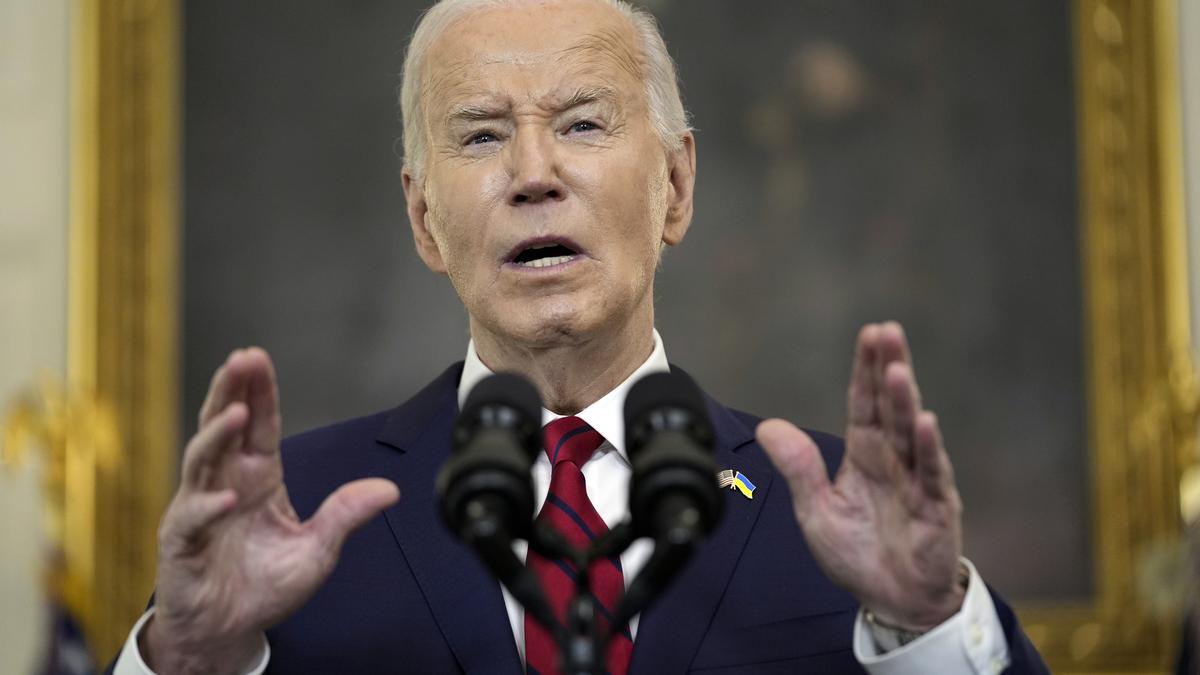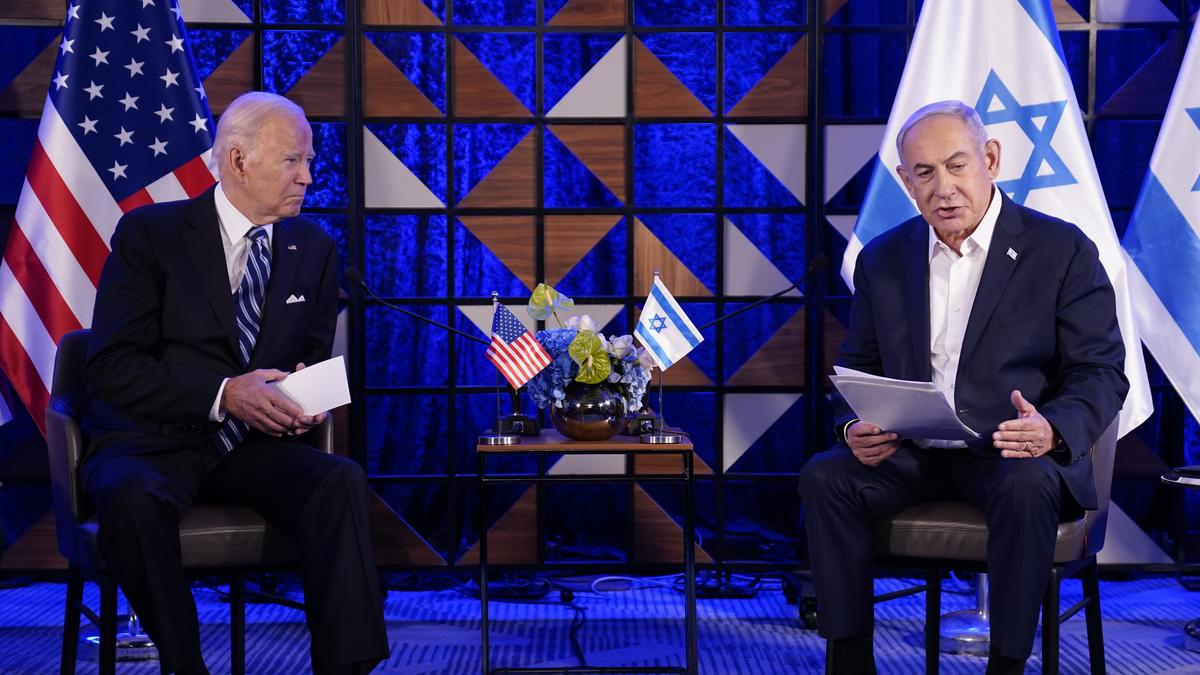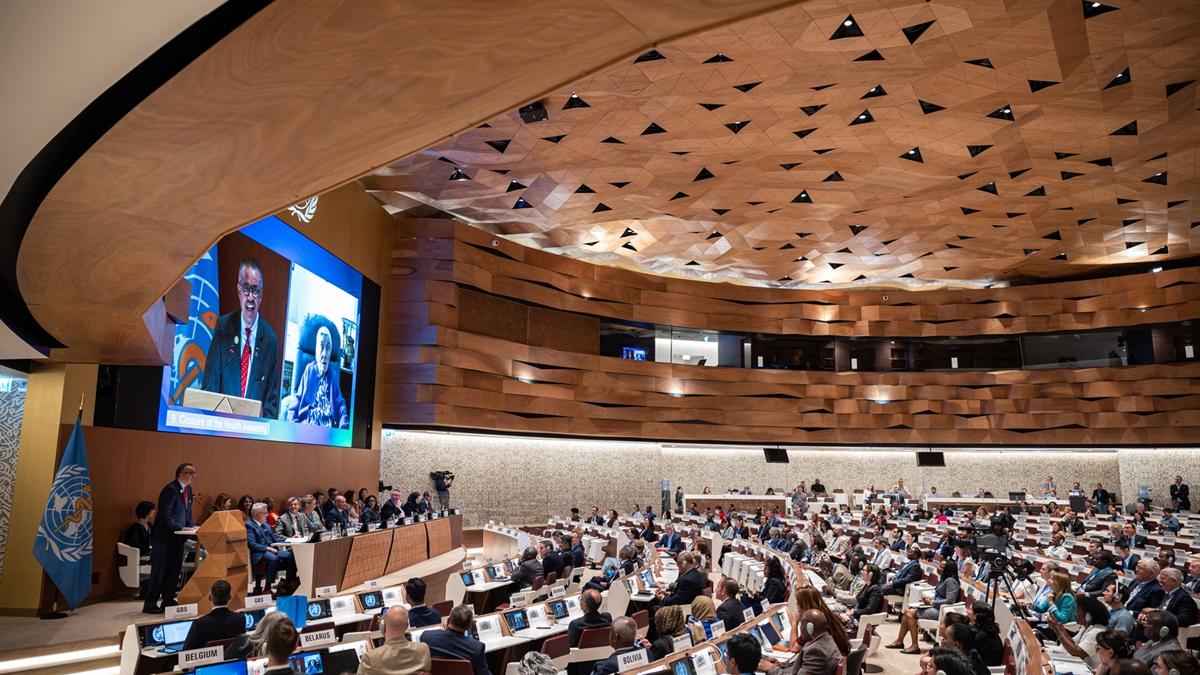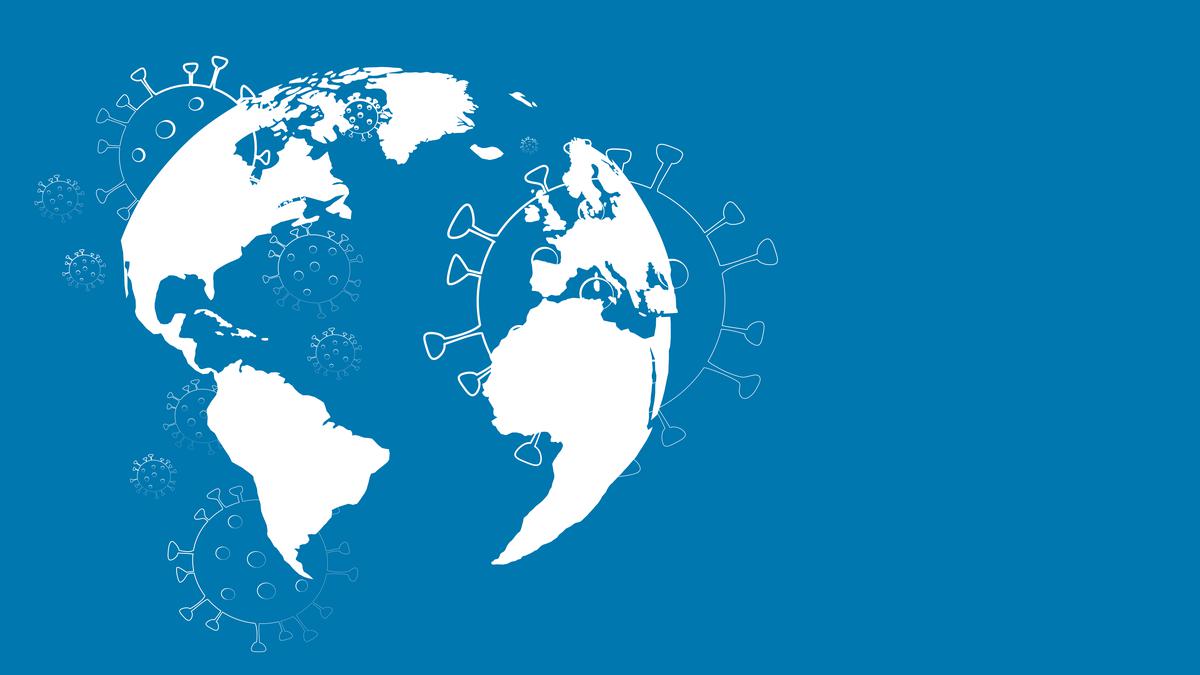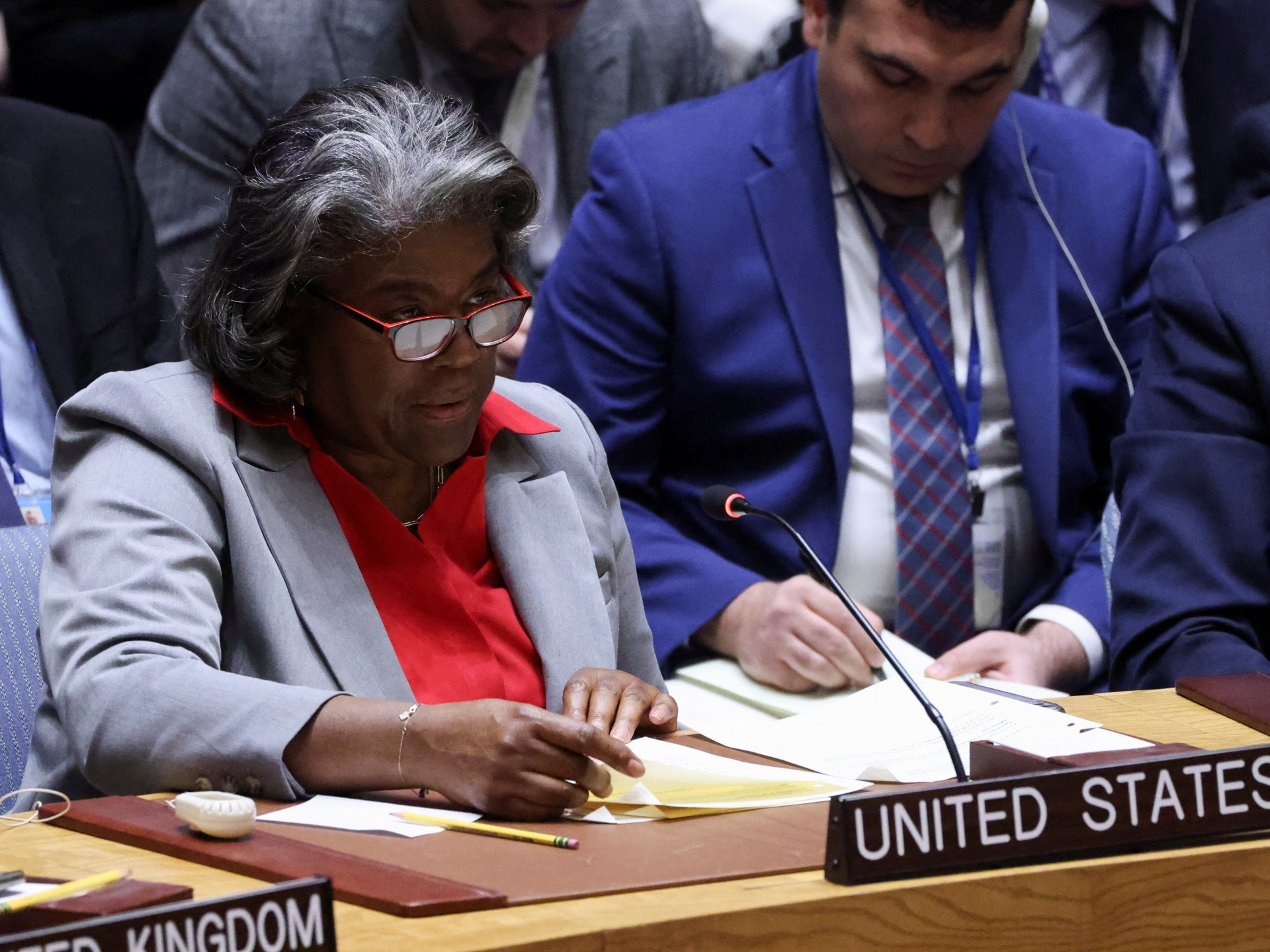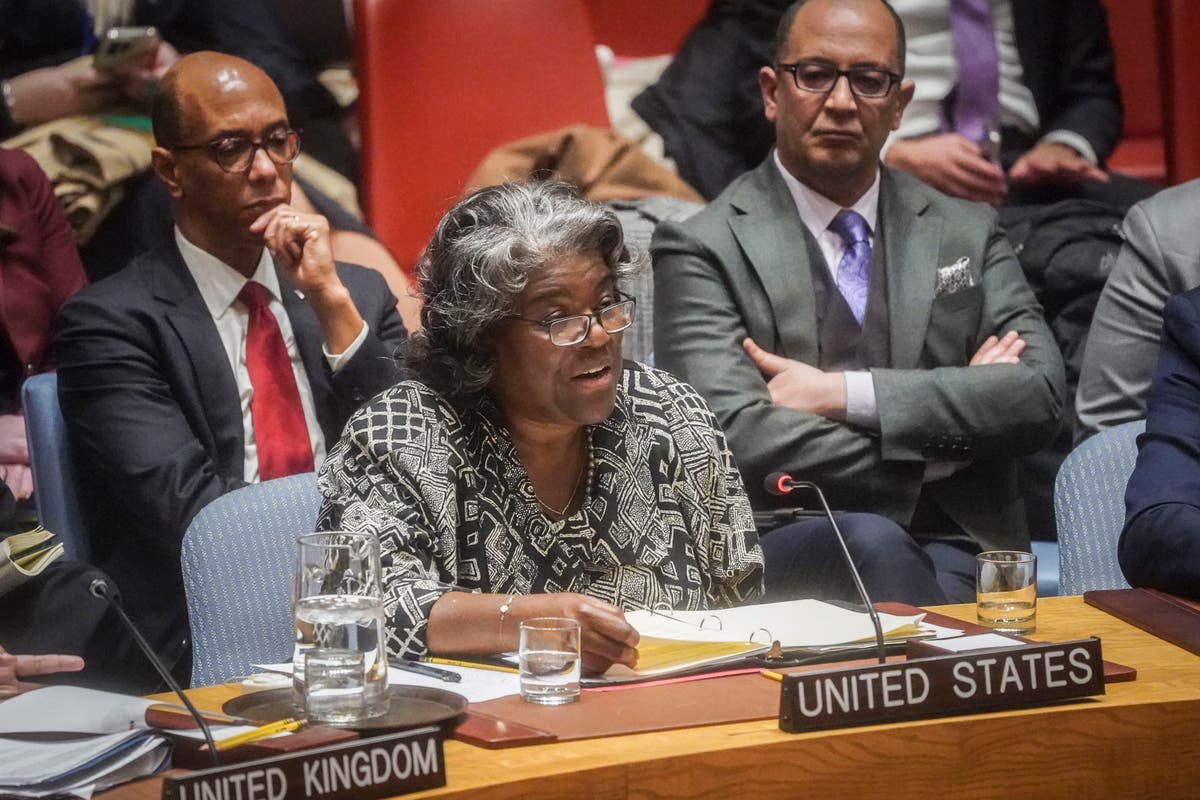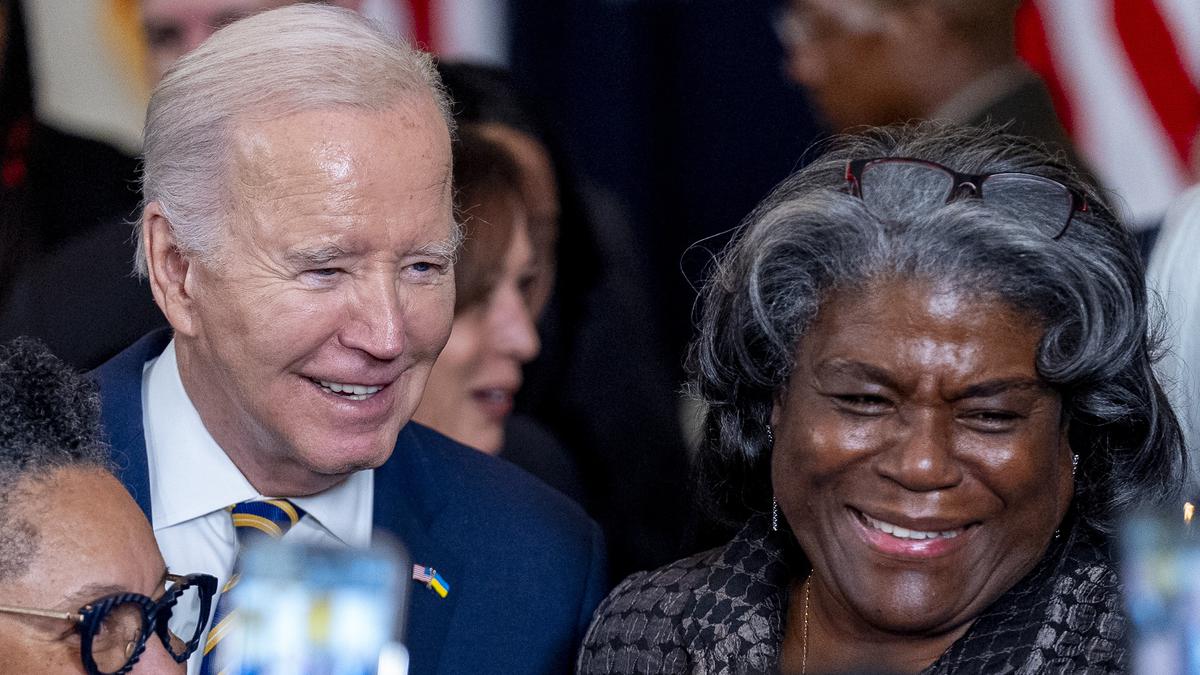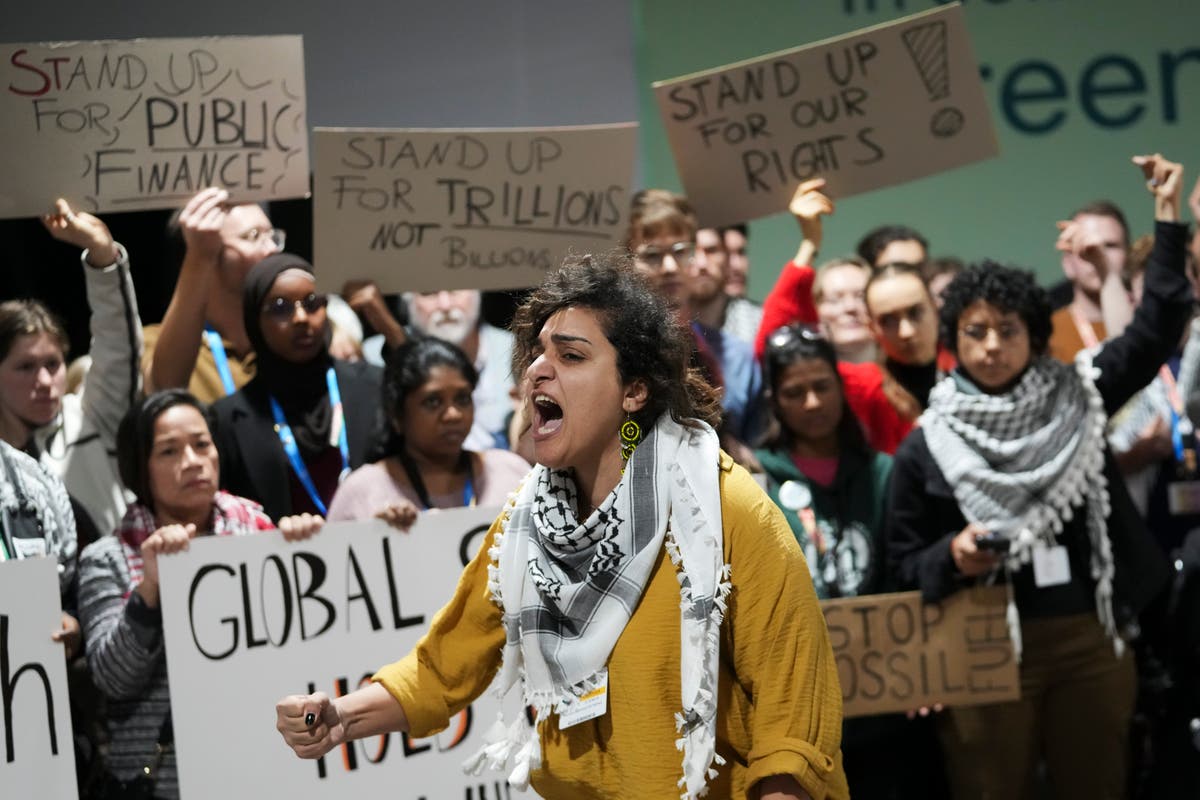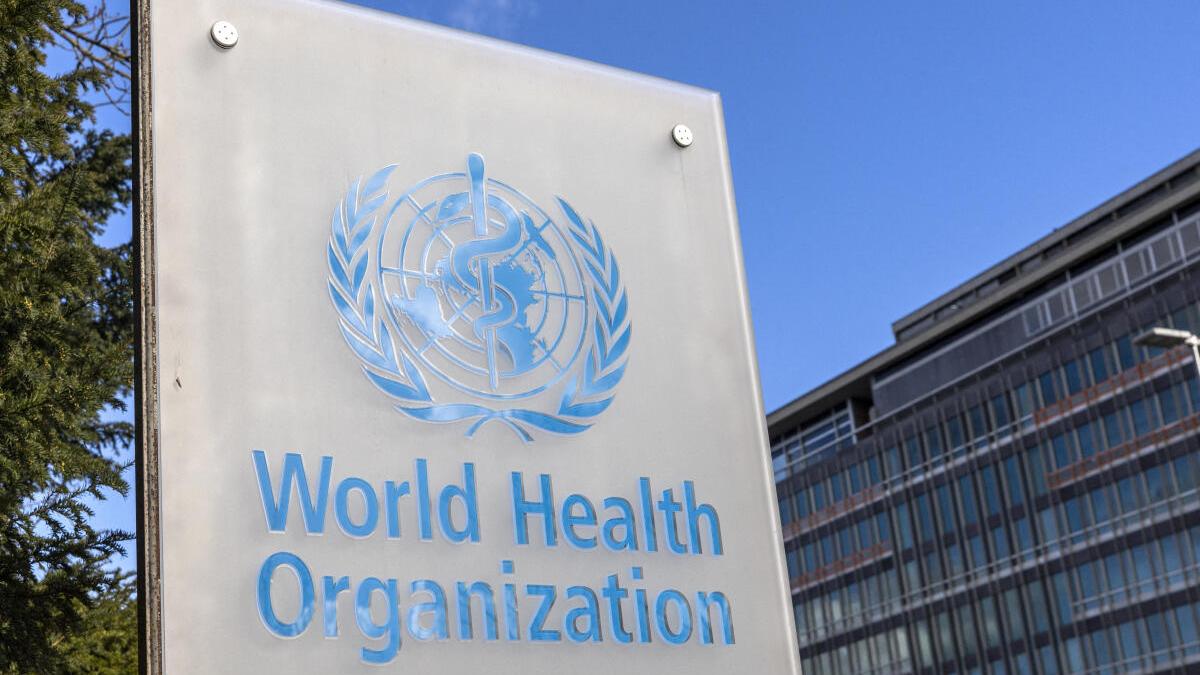Efforts to draft a pandemic treaty falter as countries disagree on how to respond to next emergency
Associated PressGENEVA — A global treaty to fight pandemics like COVID is going to have to wait: After more than two years of negotiations, rich and poor countries have failed — for now — to come up with a plan for how the world might respond to the next pandemic. In 2021, member countries asked the U.N. health agency to oversee negotiations to figure out how the world might better share scarce resources and stop future viruses from spreading globally. “We are not where we hoped we would be when we started this process,” he said, adding that finalizing an international agreement on how to respond to a pandemic was critical “for the sake of humanity.” Driece said the World Health Assembly next week would take up lessons from its work and plot the way forward, urging participants to make “the right decisions to take this process forward” to one day reach a pandemic agreement “because we need it.” The draft treaty had attempted to address the gap that occurred between COVID-19 vaccines in rich and poorer countries, which WHO Director-General Tedros Adhanom Ghebreyesus said amounted to “a catastrophic moral failure.” Addressing a sullen final day of negotiations, the WHO chief insisted, “This is not a failure.” “We will try everything — believing that anything is possible — and make this happen because the world still needs a pandemic treaty,” he said. “Because many of the challenges that caused a serious impact during COVID-19 still exist.” The accord’s aim was to set guidelines for how the WHO’s 194 member countries might stop future pandemics and better share resources. Earlier this month, U.S. Republican senators wrote to the Biden administration, arguing that the draft treaty focused on issues like “shredding intellectual property rights” and “supercharging the WHO.” They urged Biden not to sign off.
History of this topic
World Health Assembly hopes to reinforce pandemic preparedness after bold treaty project stalls
Associated Press
No final agreement as deadline for pandemic accord closes
Hindustan Times
Countries struggle to draft ‘pandemic treaty’ to avoid mistakes made during COVID
LA TimesCountries struggle to draft ‘pandemic treaty’ to avoid mistakes made during COVID
Associated Press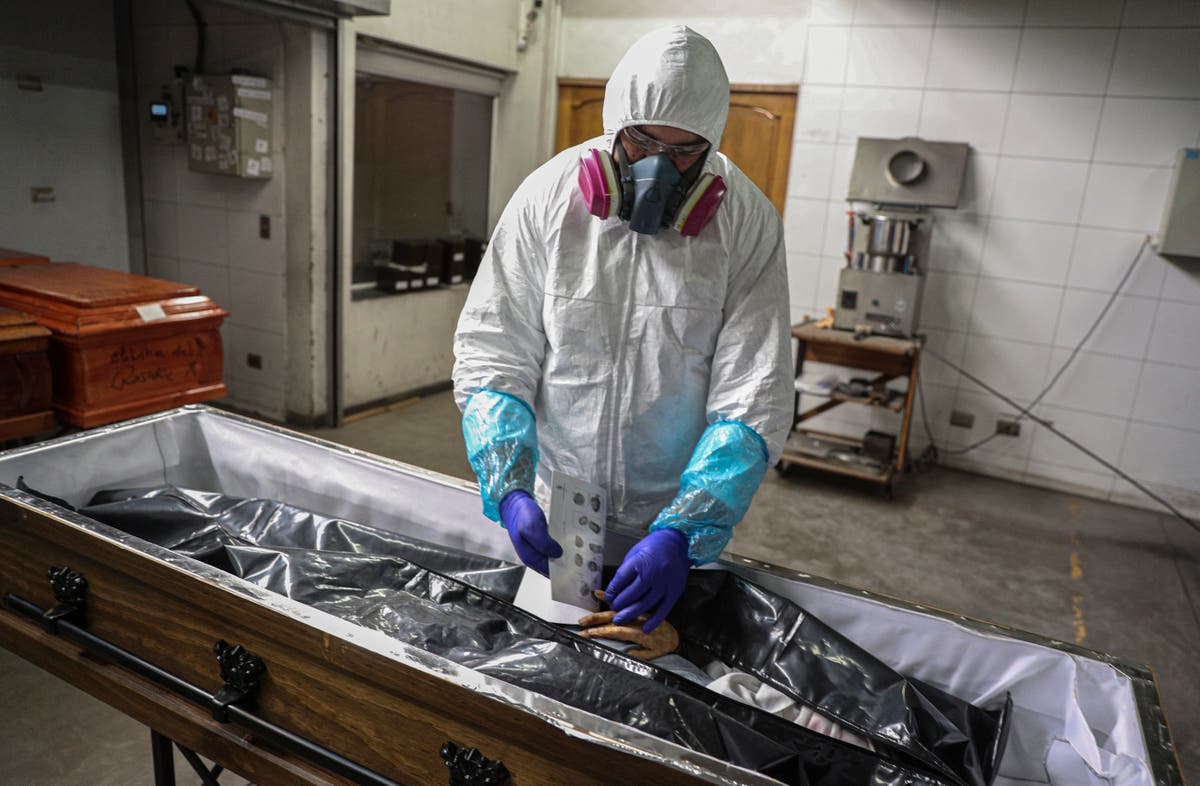
Countries struggle to draft 'pandemic treaty' to avoid mistakes made during COVID
The Independent
Draft WHO pandemic deal pushes for equity to avoid COVID ’failure’ repeat
Live Mint
World leaders call for pandemic treaty, but short on details
Associated Press
World leaders call for international pandemic treaty but offer few details
LA TimesDiscover Related
